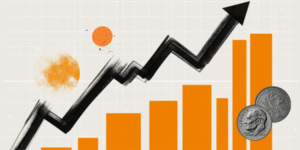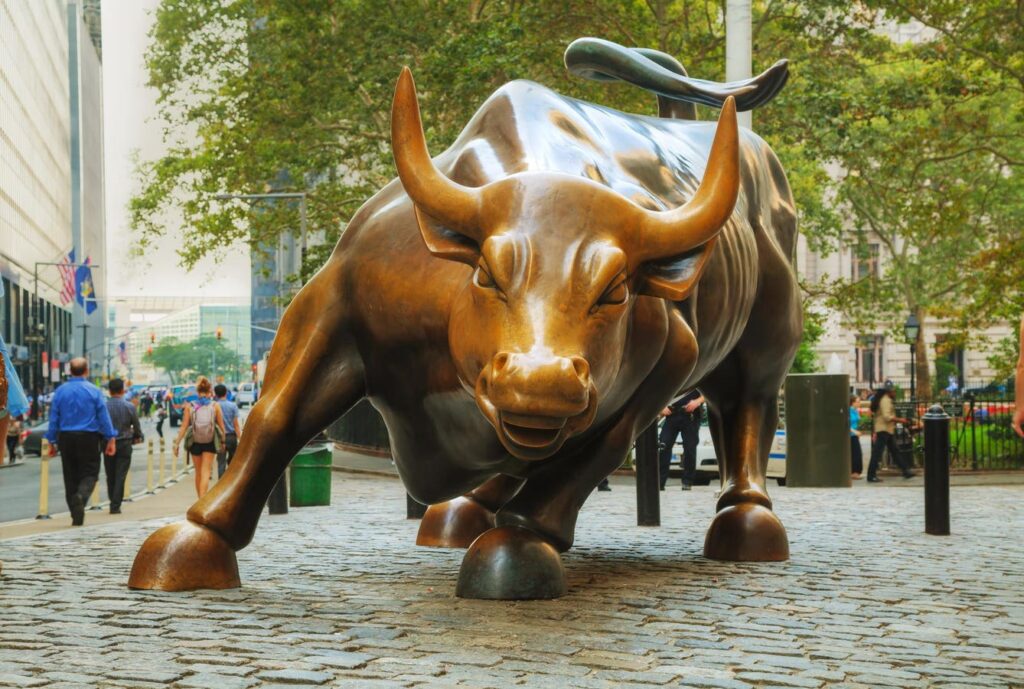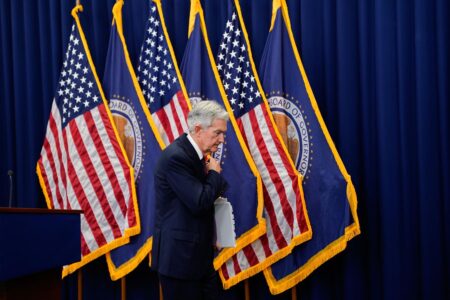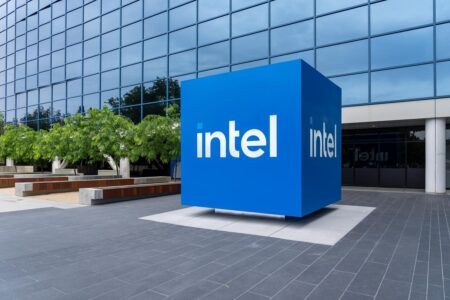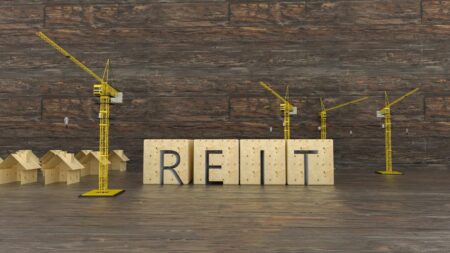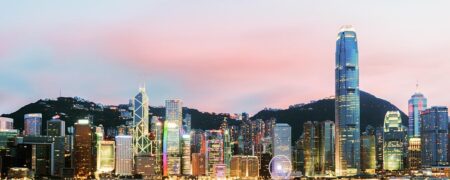In Warren Buffett’s last annual letter as Berkshire Hathaway’s CEO this year, he wrote, “Berkshire would not have achieved its results in any locale except America,” and there’s little doubt that he’s right.
In a land of increasing polarization and too much inequality, there is still no better land of opportunity than the United States. Globalization has lifted up the rest of the world for decades, but American dominance on Forbes’ annual Global 2000 list remains unchallenged. There are 612 U.S.-based companies on the list ranking the world’s 2,000 largest public companies, far more than the closest rival in China, which has 317 firms represented.
While the U.S. put 776 companies on the inaugural Global 2000 list in 2003, that number declined sharply to a low of 536 in 2010, calling into question whether the U.S. was in a state of decline as the world’s economic superpower. But for the last 15 years, the U.S. has stopped and reversed that trend thanks to a prolonged bull market with only a couple brief bumps in the road.
JPMorgan is ranked as the largest company on the global list for the third year in a row, with 12-month sales ($285 billion), profits ($59 billion), assets ($4.4 trillion) and market capitalization ($678 billion) all growing to new all-time highs since last year. The Global 2000 ranks companies using those four metrics with equal weights, using the last 12 months of available data and market prices as of April 25 this year.
The U.S. is home to six of the top 10 companies on the Global 2000—Berkshire Hathaway, Amazon, Bank of America, Microsoft and Alphabet all join JPMorgan for the second straight year—and 15 of the top 25 overall. Much of that concentration at the top is a credit to its thriving stock market, even as many international markets are reversing a long run of underperformance this year. Seven of the world’s eight trillion-dollar companies are still based in the U.S. (energy giant Saudi Aramco is the only international one). The 612 American companies on the list are worth a total of $50 trillion in market value, the majority of the $91 trillion all 2,000 companies account for despite making up less than one-third of the list.
The separation between the haves and have-nots entrenched many of the highest-ranked companies on the list without much movement in their ranks, but Donald Trump’s tariff policies could create more uncertainty and volatility for the rest of the year. Many CEOs have directly criticized the tariffs, including JPMorgan’s Jamie Dimon warning in his annual letter that they would likely increase inflation and slow down growth. Walmart’s Doug McMillon said on his first-quarter earnings call that higher tariffs would lead to higher prices, and Buffett said at Berkshire’s annual meeting that “trade should not be a weapon.”
The status quo has helped all of their companies flourish and grow their global footprints. But business leaders who were looking forward to an era of tax cuts and deregulation to continue that trajectory have been disappointed by Trump’s focus instead on economic populism and isolationism.
The uncertainty has also caused a dearth of landmark IPOs in the last year. The highest-ranked new American company on the list, Arlington, Virginia-based natural gas exporter Venture Global, is ranked 870th and fell as much as 70% in the months following its January IPO. It remains 32% lower than its offering price. AI cloud computing firm CoreWeave, which went public in March, is ranked 1,799th, though it likely would have been much higher if not for the April 25 cutoff date for the list, with its stock up 250% to a current market cap of $70 billion in the weeks since then.
MORE FROM FORBES
Read the full article here



